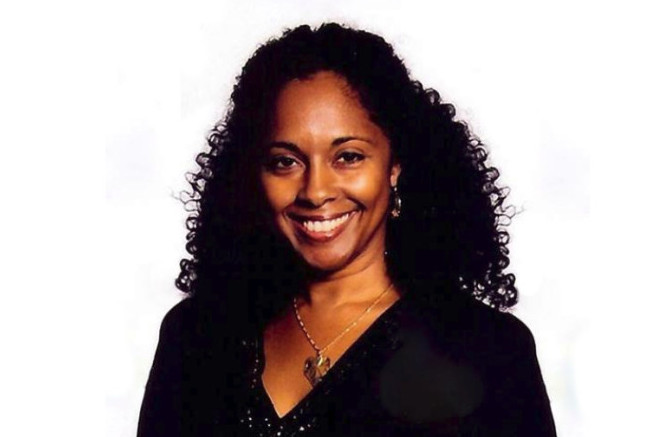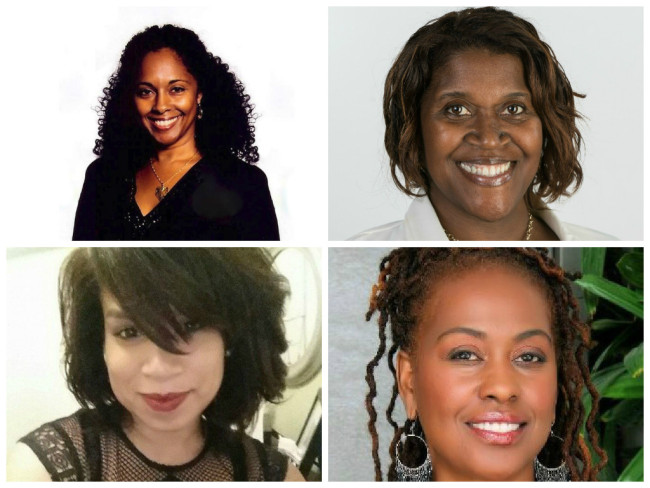

(Photos: LinkedIn, Facebook and Google Images)
The lack of film incentives in Florida sparked an exodus of film and television industry professionals to friendlier locales like Georgia and Louisiana. This, coupled with the relocation of the American Black Film Festival (ABFF) from Miami to New York, has cultivated the rise of a scrappy creative class, determined to create opportunities for production and exhibition in South Florida where tax incentives for film industry are far more attractive.
Among those leading the battle hymn are women of color. South Florida boasts four film festivals either created or run by women of African and Hispanic descent. S. Lizabeth Martin, noticed the void left by the departure of ABFF, and sought to develop a platform for black film voices to be heard. In July 2014, her concept became the Boca Black Film Festival (BBFF).
“The more I started talking about what I wanted to do, more people said they wanted to be on board,” says Martin. “So it went from a one-day, educational session only to actually having a film competition.”
Filmmaker Cathleen Dean also understands the importance of film support, the mission of the Miami 48 Hour Film Project (48 HFP).
Unlike Martin, Dean joined the already established festival after competing in 2009. Held in 125 cities globally, the 48 HFP is the oldest, timed film competition in the world. Teams have forty-eight hours to write, shoot and edit a film, making for what she describes as a “wild, sleepless weekend.”
“As a producer, it’s been an amazing experience,” Dean says. “The short time constraint inspires tremendous creativity – a platform to get work done.”
Dean aspires to see more filmmakers of color participate, something she hopes that her presence as festival producer will help foster.
Yvonne McCormack left a job as an executive to embark upon something that would uplift and support women filmmakers. Having worked in television, she saw large gaps in terms of women’s representation.
“I thought, let’s put something together where women can celebrate their accomplishments.” With that thought, the Women’s International Film Festival (WIFF) was born in 2005.
Like the other festivals, WIFF has the daunting task of raising its funding. Yet it persists as an important venue for films by and about women. She plans to implement WIFF on Tour to bring the festival to select cities.
The women in Grace Castro’s family and her love of fashion were the catalysts for the Miami Fashion Film Festival (MIAFFF) in 2013, which explores the complexity of the multi-billion dollar fashion industry.
“The goal is to bring awareness to a genre of film which is evolving – fashion film,” says Castro.
MIAFFF has created buzz, garnering eighty global submissions of fashion-themed documentaries and narratives this year.
All four women have a passion for community outreach through tandem events and workshops. They also share a love for for the town that film forgot. S.Lizabeth Martin’s resolve speaks staunchly for filmmakers still in South Florida’s trenches.
“Rather than going some other place, we can do something here – for us and by us.”
This post was written by Dr. Chetachi A. Egwu, Associate Professor of Communication Studies at Nova Southeastern University. Her scholarship focuses on Black Internet Usage and the African image in film, with an emphasis on documentary. The Howard University alumna is the owner of Conscious Thought Media. Follow her on Twitter @Tachiada








